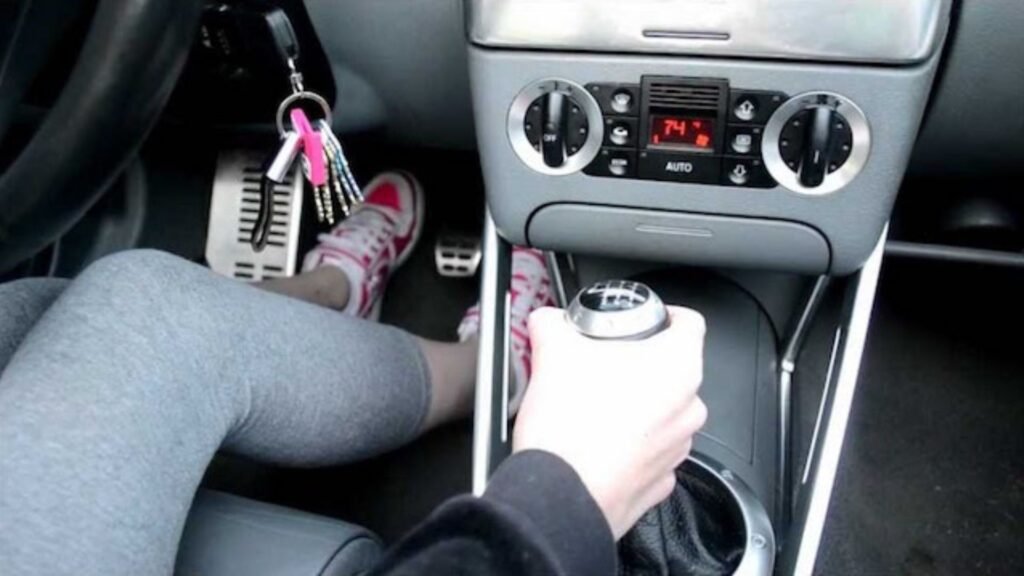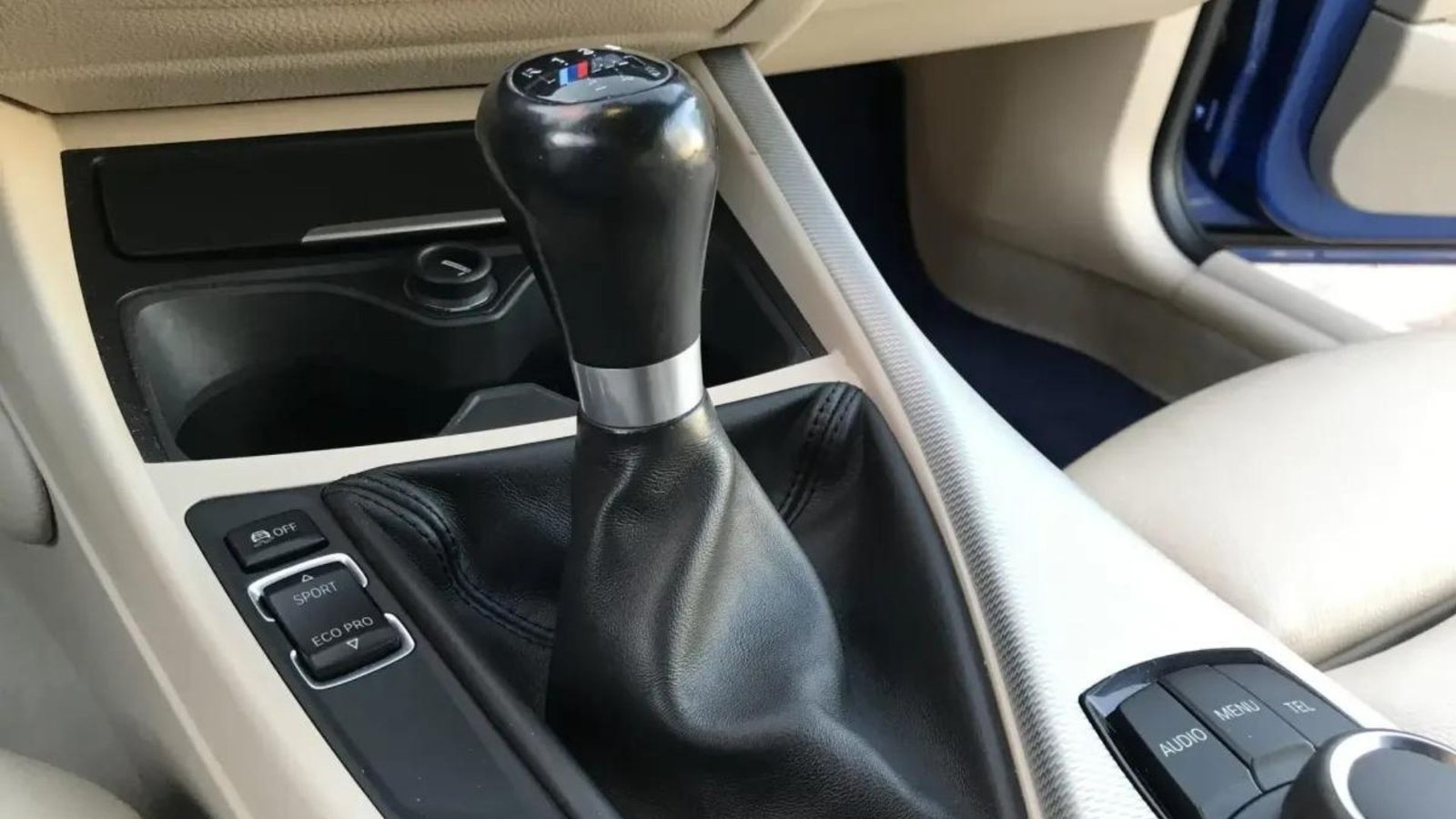Are Manual Cars More Reliable?
When it comes to choosing a vehicle, reliability is a major factor. Many drivers wonder if manual cars are more reliable than automatics. Manual transmissions have a reputation for being durable, but is this true? In this article, we will explore the factors that contribute to the reliability of manual cars and compare them to automatic transmissions.

1. Simplicity of Design
Fewer Components in Manual Transmissions
One key reason manual cars are often considered more reliable is their simpler design. Manual transmissions typically have fewer components compared to automatics. With fewer moving parts, there are fewer things that can go wrong. This simplicity can lead to greater reliability because there are fewer potential points of failure.
Fewer Mechanical Issues
Additionally, the straightforward design of manual gearboxes means there are fewer complex mechanisms that can wear out or break. This can result in fewer mechanical issues over the lifespan of the vehicle. For drivers who prioritize reliability, the simplicity of a manual transmission can be an attractive feature.
2. Ease of Maintenance
Lower Maintenance Costs
Manual cars often have lower maintenance and repair costs. The simpler design of manual transmissions means that repairs and maintenance are usually less expensive. For example, replacing a clutch, although it requires some labor, is often cheaper than repairing or replacing an automatic transmission. This cost-effectiveness contributes to the overall reliability of manual cars.
DIY Repairs
Furthermore, manual transmissions can be easier to work on for those who prefer DIY repairs. With fewer electronic components and complex systems, many drivers find that they can perform basic maintenance themselves. This ability to handle repairs and maintenance without professional help can enhance the reliability of a manual car.
3. Driving Habits and Longevity
Impact of Driving Style
Driving habits can significantly impact the reliability of any vehicle. Manual cars require more active involvement from the driver, which can influence how well the transmission is maintained. Proper use of the clutch and gear changes is crucial. Drivers who master these skills tend to experience fewer issues with their manual transmissions.
Longevity of Manual Transmissions
In general, manual transmissions are known for their durability. When maintained properly, they can last a long time without major problems. The reduced number of parts and simpler operation contribute to this longevity. However, the reliability of a manual transmission also depends on how well it is cared for and how it is used.
4. Comparing with Automatic Transmissions
Complexity of Automatics
In contrast, automatic transmissions are more complex. They include various components such as hydraulic systems, sensors, and electronic controls. This complexity can lead to a higher likelihood of mechanical issues and failures. Automatic transmissions require more advanced technology and are generally more expensive to repair.
Advances in Automatic Technology
Nevertheless, automatic transmissions have also seen significant advancements in technology. Modern automatics, especially those with continuously variable transmissions (CVTs) or dual-clutch systems, offer improved reliability and performance. These innovations help address some of the reliability concerns traditionally associated with automatics. Despite their complexity, high-quality automatics are designed to be durable and reliable.
5. Driver Control and Reliability
Manual Control and Maintenance
One advantage of manual transmissions is the direct control they offer. Drivers who engage actively with their vehicle can manage gear shifts and clutch operation more effectively. This control can help avoid problems related to transmission misuse and extend the life of the transmission. For some drivers, this hands-on approach can contribute to a perception of greater reliability.
Automatic Transmission Monitoring
Automatic transmissions, on the other hand, rely on electronic systems to manage gear changes and performance. These systems require regular maintenance and can be sensitive to issues such as low fluid levels or software glitches. While modern automatics are built to be reliable, they may require more frequent attention to ensure optimal performance.
6. Resale Value and Perception
Resale Value of Manual Cars
Manual cars often have a different resale value compared to automatics. In some markets, manual cars are less popular, which can affect their resale value. However, in enthusiast circles or regions where manuals are in demand, they can hold their value well. The perception of reliability associated with manual transmissions can influence their resale value.
Automatic Transmission Appeal
Automatic transmissions generally enjoy higher resale values due to their widespread appeal and convenience. Many buyers prefer automatics for their ease of use, which can positively impact their resale value. The reliability of modern automatics also contributes to their appeal in the used car market.
Conclusion
In conclusion, manual cars are often perceived as more reliable due to their simpler design, lower maintenance costs, and potential for durability. The reduced complexity of manual transmissions can lead to fewer mechanical issues and easier repairs. However, modern automatic transmissions have made significant strides in reliability through advanced technology. While manual transmissions offer advantages in certain areas, the overall reliability of any vehicle depends on proper maintenance and driving habits. Whether you choose a manual or automatic car, understanding the factors that contribute to reliability can help you make an informed decision.

